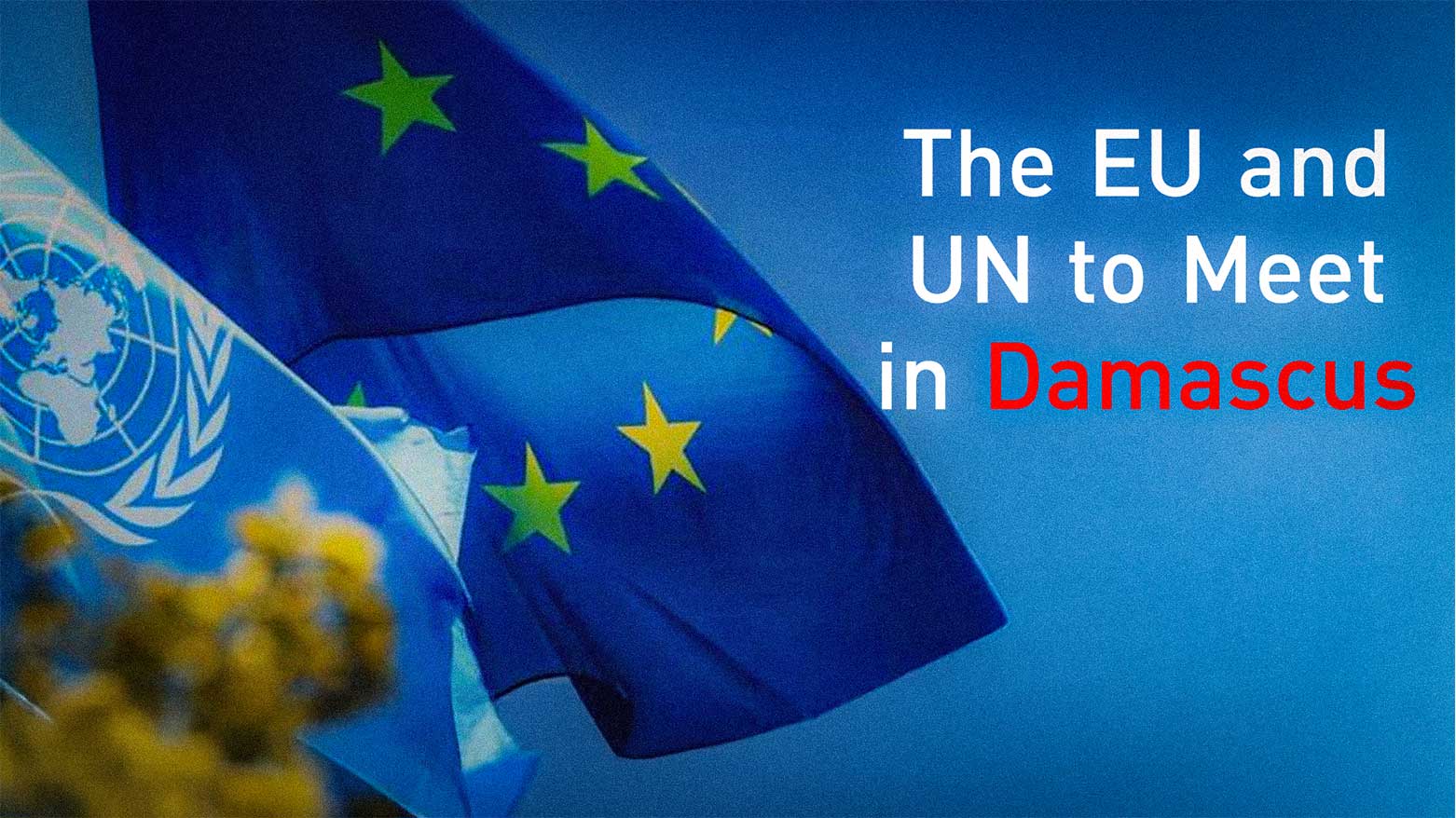UN, EU push for stability in Syria following regime collapse
This diplomatic move comes as a gesture from Western powers to step up engagement with the Syrian Interim government following the collapse of the Assad regime.

Dec. 16, 2024
ERBIL (Kurdistan24) – On Monday, the European Union (EU) foreign policy chief Kaja Kallas stated that the bloc’s envoy to Syria was arriving in Damascus to begin talks with the Syrian Interim Government and the Hayat Tahrir al-Sham (HTS).
This diplomatic move comes as a gesture from Western powers to step up engagement with the Syrian Interim government following the collapse of the Assad regime.
The outreach from the EU follows similar moves by both the United States and the United Kingdom who made contacts with new authorities in Damascus, led by Hayat Tahrir al-Sham (HTS).
The EU foreign policy chief stated that they will closely monitor the new authorities’ steps to decide the future of Syria.
Kallas said EU foreign ministers in Brussels would examine "how we engage with the new leadership of Syria, and on what level we engage".
"We can't leave a vacuum," Kallas, who took over as the EU's top diplomat this month replacing Josep Borrell, said.
One of the potential aspects of the meeting could be the removal of the Syrian opposition forces, in particular Hayat Tahrir al-Sham (HTS), from the EU’s list of terror organizations.
On his part, Abu Mohammed al-Jolani (Ahmed al-Sharaa), leader of HTS and commander of military operations in Syria, met with Geir Pederson, the UN special envoy to Syria, on Sunday. The two sides discussed the general situation in Syria and recent political developments.
Media sources indicate that al-Sharaa and Pedersen assessed the international roadmap outlined in the 2015 UN Security Council Resolution 2252 concerning Syria.
The meeting explored critical regional dynamics and potential diplomatic pathways.
A key aspect of the discussions was the probable return of Syrian refugees and displaced persons, underlining the ongoing humanitarian challenges facing the Syrians.
Pedersen, who was making his first visit to Damascus since the collapse of the Bashar al-Assad regime, underscored the pressing need for state institutions to reestablish full operational capacity and reassure comprehensive security measures.
During his visit, the UN representative underlined the significance of immediate institutional stabilization and hoped for rapid progress.
Pedersen particularly wished for the "swift removal of sanctions against Syria and the prompt initiation of recovery processes."
The high-level meeting underlines the ongoing international diplomatic efforts to address Syria's complex political landscape and humanitarian crisis.
On Sunday, Dec. 8, the Syrian Opposition Forces, led by HTS, took Damascus, ending a half-century of the Assad dynasty.